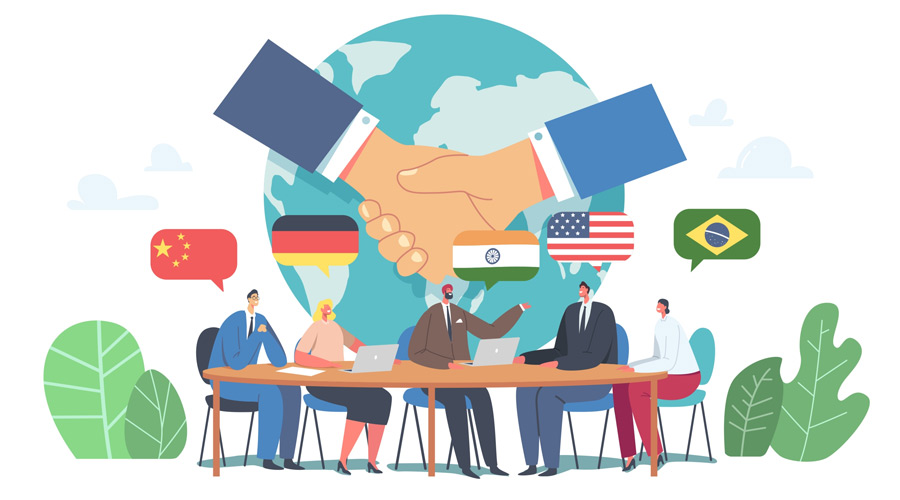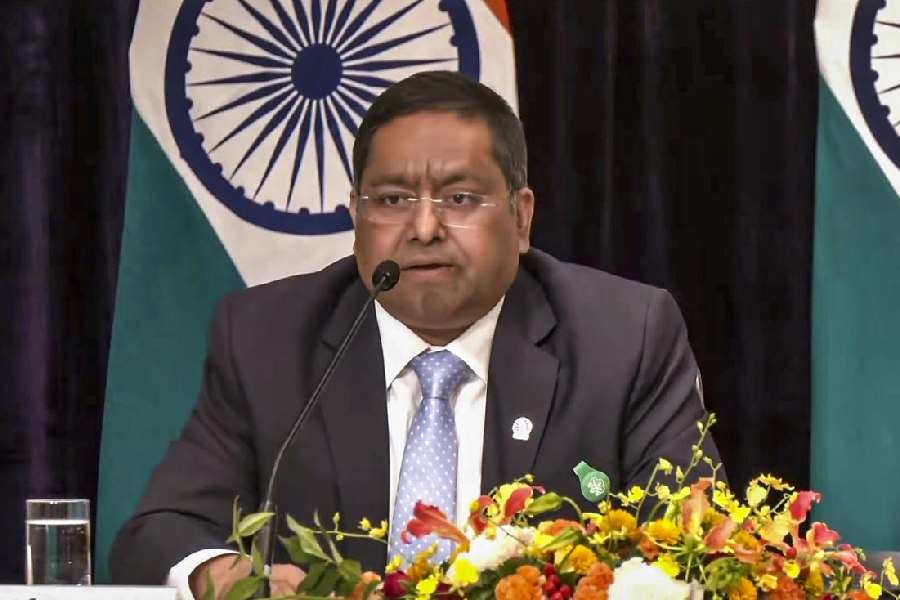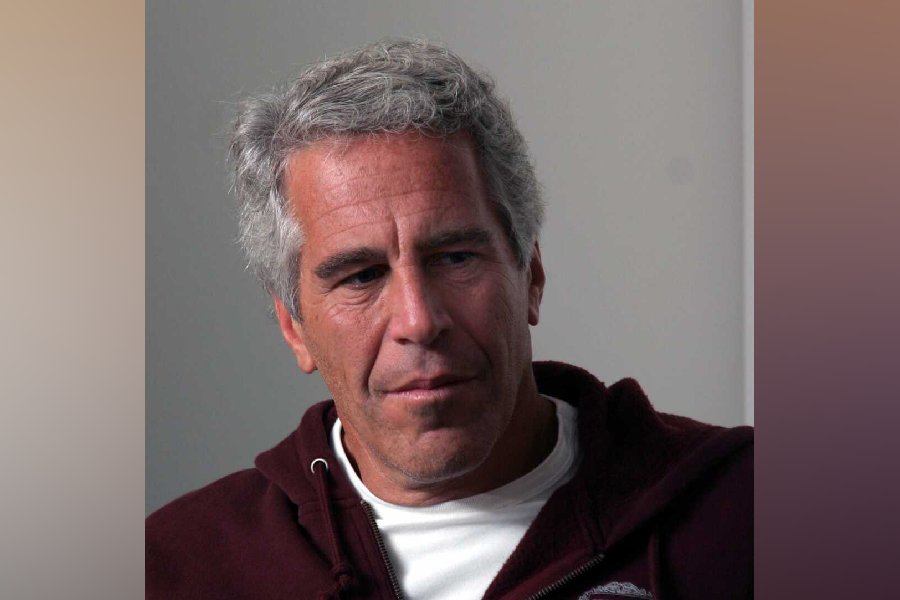Less than a month into 2022, the world stands on the brink of a potential military conflict in Europe. Russia has amassed more than 100,000 soldiers along its border with Ukraine, and on Monday, NATO started deploying additional ships and fighter jets to eastern Europe. For India and many other nations in the Indo-Pacific, these developments are ominous — and hold valuable lessons.
Fundamentally, the current crisis in Europe represents a failure — so far, at least — of diplomacy and points to the struggle to build a consensus even among allies. Over the past three months, diplomats and officials from Russia, Europe and the United States of America have huddled in meetings to wield carrots, sticks and everything in between in a bid to defuse tensions. They haven’t succeeded.
No one expects Washington and Moscow to agree on the future of Ukraine, which Russia sees as an extension of itself and the West as important for the expansion of its post-Cold War vision of the world. Indeed, the US and Russia don’t have a right — and the world shouldn’t give it to them — to dictate the future choices or the fate of Ukraine. Both sides hold enough diplomatic leverage over each other to be able to agree that a military escalation is not in either’s interests.
The most powerful set of tools in their armouries aren’t the devastating nuclear weapons they hold but that both know they can’t use. It’s the economic weapons at their disposal that experts and diplomats had hoped would win Europe and the world at least temporary peace.
Washington has already imposed multiple sanctions against Moscow since 2014 as punishment for Russia’s annexation of Crimea and its support of armed militias in eastern Ukraine. Now, the US has threatened to dramatically escalate its economic steps against Russia if Vladimir Putin does invade Ukraine. The options include sanctions against the Nord Stream 2 pipeline built to increase gas supplies from Russia to Europe and on high-tech products made by Russia using American technology. The West could also remove Russia from the SWIFT system of international financial transfers, a move that would hurt that country’s exporters.
But earlier sanctions have not fundamentally changed Putin’s behaviour towards Ukraine. Moscow holds its own economic ace too: Europe’s deep dependence on Russian gas. What we have is a stalemate of sorts. A surge in demand in recent months has already led to an increase in gas prices. Sanctions against Nord Stream 2 or a move to push Russia out of SWIFT — which European nations use to buy gas — would starve the continent of energy. So it’s unlikely Europe will agree to those moves unless Russia’s provocations demand a full-scale breach of ties.
What does all of this mean for India? In the immediate, of course, the military deployment of US and NATO forces to eastern Europe will mean that Washington and Brussels will have little appetite for a simultaneous confrontation with China.
In the long run, though, the failure of the US to build an economic coalition against Russia should warn India and others worried about China’s aggressive moves in Asia of just how hard any such effort aimed at Beijing will prove to be.
At $16 trillion, China’s GDP is 10 times that of Russia’s. It’s the world’s biggest trader, the largest partner for imports or exports for more than 50 countries or self-governing regions. Among them: India and Taiwan. Both are on the frontlines of Beijing’s territorial ambitions, yet both trade more with China than with any other nation. In fact, India’s trade with China has increased despite rising tensions in recent years.
Even if India and Taiwan decide at some point that scaling back this economic relationship with China is a worthwhile sacrifice, that alone wouldn’t worry Beijing beyond a point. If Europe can’t agree on united economic measures against Russia when it is directly under threat, expecting the West to suffer economically by agreeing to genuinely tough steps against China is naïve.
No one wants war — not Russia, nor the US; not China, nor India. But Europe’s predicament holds an important message for New Delhi. At the end of the day, no one else is going to bear the costs of peace between India and China.
Charu Sudan Kasturi is a senior journalist who writes on foreign policy and international relations










